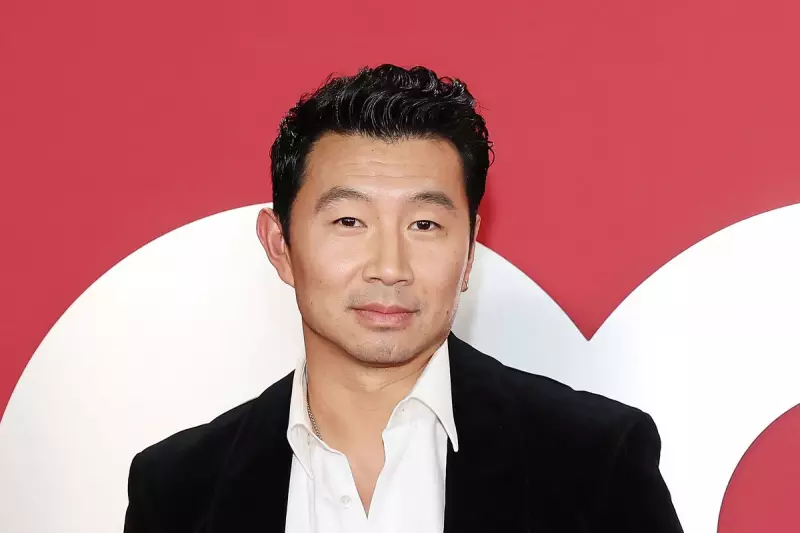
Marvel star Simu Liu has launched a powerful critique against Hollywood, describing the entertainment industry as a "deeply prejudiced system" that continues to marginalise Asian actors despite their proven box office success.
Hollywood's 'Appalling Backslide' in Representation
In a passionate social media post on Threads, the Shang-Chi and the Legend of the Ten Rings actor expressed his frustration at what he called an "appalling" decline in on-screen representation for Asian performers. "Put some Asians in literally anything right now. The amount of backslide in our representation onscreen is f****** appalling," Liu wrote.
The Canadian-Chinese actor highlighted the unfair pressure placed on Asian-led projects to perform exceptionally well at the box office, while white actors routinely receive multiple opportunities even after significant commercial failures. "Studios think we are 'risky,'" he stated, directly challenging this perception by listing numerous critically and commercially successful films featuring Asian talent.
Proven Success Versus Persistent Prejudice
Liu pointed to an impressive roster of Asian-led films that achieved both artistic recognition and financial success, including Minari (2020) starring Steven Yeun, The Farewell (2019) featuring Awkwafina, and the multiple Oscar-winning Everything Everywhere All at Once (2022) with Michelle Yeoh, Stephanie Hsu, Ke Huy Quan, and James Hong.
He also referenced John M. Chu's groundbreaking Crazy Rich Asians (2018) and his own Marvel blockbuster Shang-Chi and the Legend of the Ten Rings (2021), emphasising that "every single one, a financial success."
"No Asian actor has ever lost a studio even close to 100 million dollars but a white dude will lose 200 million TWICE and roll right into the next tentpole lead," Liu asserted, highlighting the stark contrast in how Hollywood treats performers of different ethnic backgrounds.
Broader Industry Patterns of Exclusion
Liu's comments came in response to a social media compilation featuring other Asian male actors discussing the limited and stereotypical roles they continue to be offered. The post, titled "Hollywood, put more Asian men in romantic lead roles," included concerning examples from across the industry.
The Good Place star Manny Jacinto revealed he's been offered primarily "dad roles" or "dad auditions" since playing a single father in Freakier Friday. The 38-year-old Canadian-Filipino actor told ScreenRant: "I'm like, 'Guys, I don't think that's me yet. I'm sorry. Let's pull it back.'"
Jacinto also reflected on his scenes being cut from Top Gun: Maverick, noting that while he appreciated fan outrage, he wasn't surprised. "There was this sense of where the film was going, like I can see them focusing the camera more on these guys and not taking so much time on our scenes," he told GQ magazine last year.
The discussion also highlighted John Cho's lack of romantic lead opportunities despite audience appreciation for his performance as Henry Higgs in the cancelled series Selfie, and Daniel Dae Kim's revelation that after three decades in the industry, he's "still waiting to play a romantic lead."
Kim offered a nuanced perspective on representation issues, criticising what he called "overcorrection" in nationality-specific casting for Asian characters. "Very often, when we're cast, if the role calls for a Korean American, they will not see a Japanese American or Chinese American or any other Asian nationality," he explained in an August interview with American Masters PBS.
This isn't the first time Liu has spoken out against industry bias. In 2023, he strongly refuted an article suggesting he was receiving the "bulk of Asian male roles in Hollywood" following his casting in Barbie, calling the notion divisive and inaccurate.
As these prominent Asian actors continue to advocate for meaningful change, their collective voices highlight the ongoing struggle for equitable representation in an industry that still operates with what Liu describes as "deep prejudice" against performers of Asian descent.





